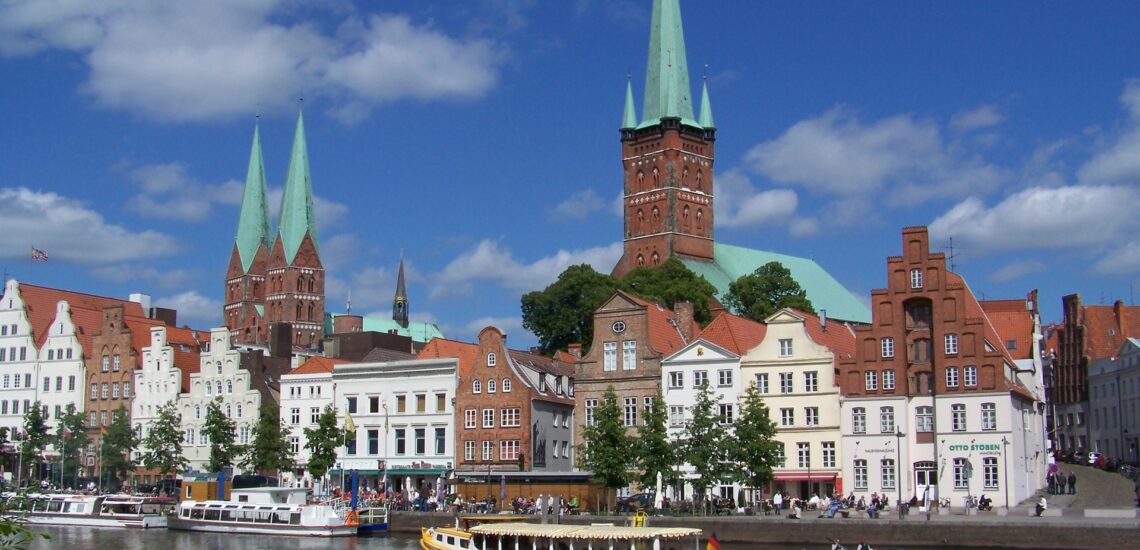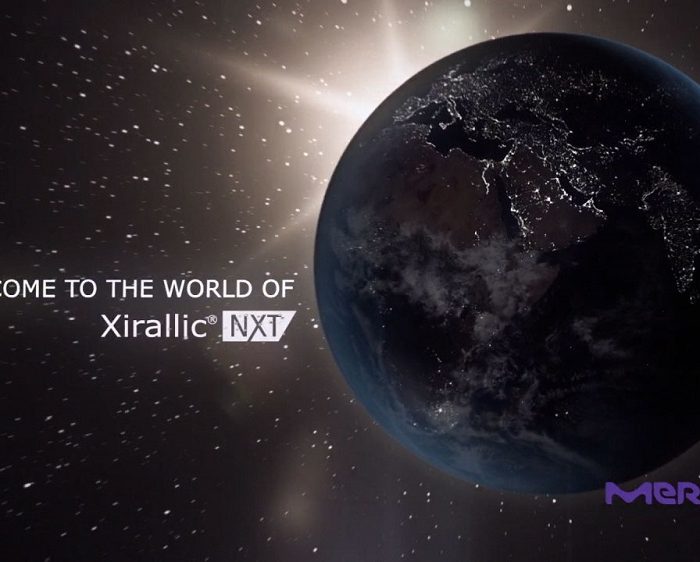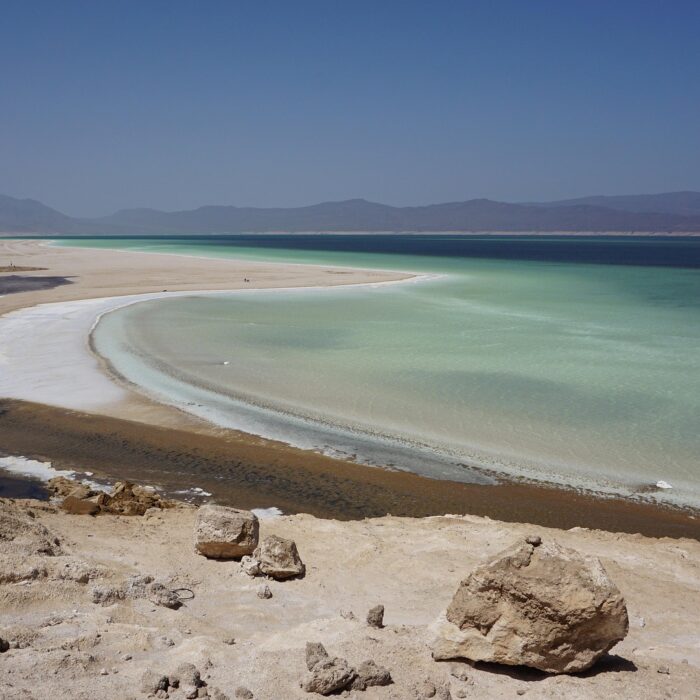Quick facts about Denmark:
- Capital: Copenhagen
- Population: Approximately 5.8 million
- Official Language: Danish
- Monarchy: Constitutional monarchy with Queen Margrethe II as the reigning monarch.
- Currency: Danish Krone (DKK)
- Land of Islands: Denmark is comprised of over 400 islands, with Jutland being the only part connected to mainland Europe.
- Renewable Energy: A leader in green energy, Denmark is known for its wind energy production and commitment to sustainability.
1 Fact: In Denmark, the bicycle as transportation is more popular than cars
The flat terrain of the country contributes to the widespread use of bicycles, making it a convenient and eco-friendly choice for commuting. Denmark has a well-developed cycling infrastructure, and cities like Copenhagen are renowned for their bike-friendly initiatives and extensive networks of cycling lanes. The emphasis on sustainable transportation aligns with Denmark’s commitment to environmental consciousness and healthy living.
Note: If you plan to visit the country, find out if you need an International Driver’s License in Denmark to drive.
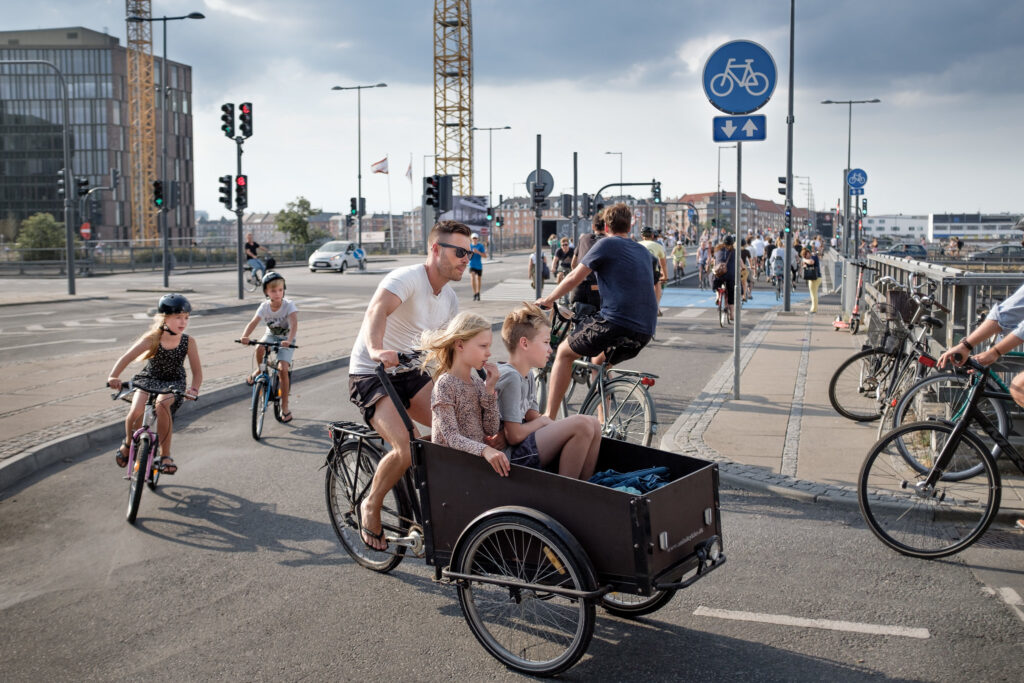
2 Fact: A large amount of energy is produced offshore
Denmark is a pioneer in offshore energy production, harnessing power from both wind and waves. The country’s expansive wind farms in the North Sea contribute significantly to its renewable energy portfolio. Denmark’s commitment to sustainability extends offshore, where innovative technologies harness the power of wind and waves, making it a leader in the global transition to clean and renewable energy sources.
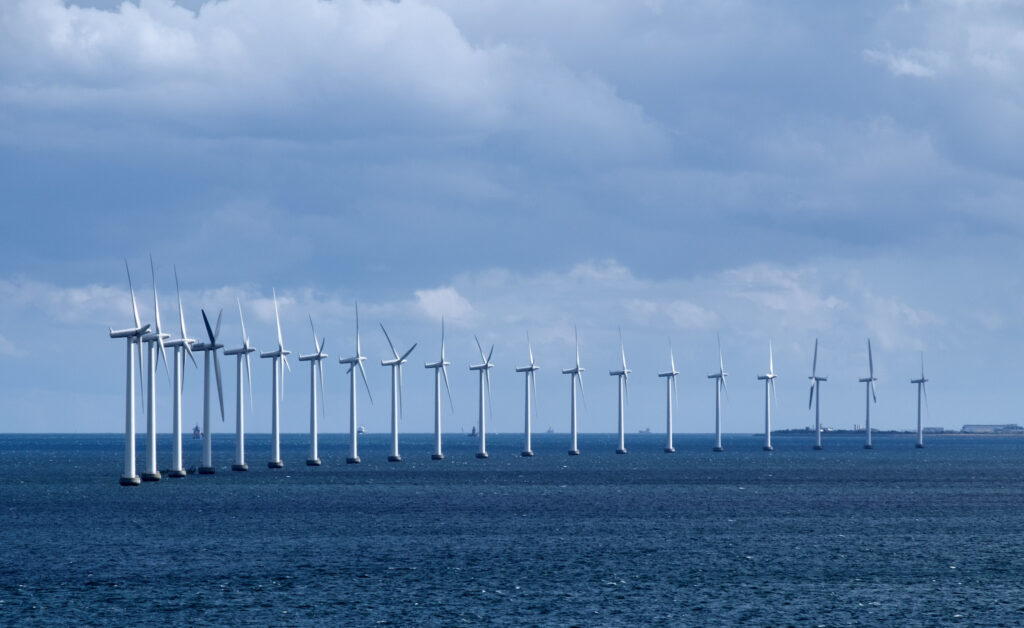
3 Fact: The Danes are among the happiest and healthiest nations in the World
Denmark consistently secures top spots in global happiness and health rankings. According to the World Happiness Report, the Danes often rank among the top three happiest nations. Additionally, in various health indices, Denmark is recognized for its effective healthcare system, low disease rates, and high life expectancy. This combination of happiness and health underscores Denmark’s commitment to fostering well-being, with tangible results placing it at the forefront of global rankings.
4 Fact: LEGO was invented in Denmark
LEGO, the iconic toy bricks, was invented in Denmark. Danish carpenter Ole Kirk Christiansen founded the LEGO Group in 1932, and the name LEGO is derived from the Danish words “leg godt,” meaning “play well.” The colorful interlocking bricks have since become a global phenomenon, sparking creativity and imaginative play for generations of children worldwide.
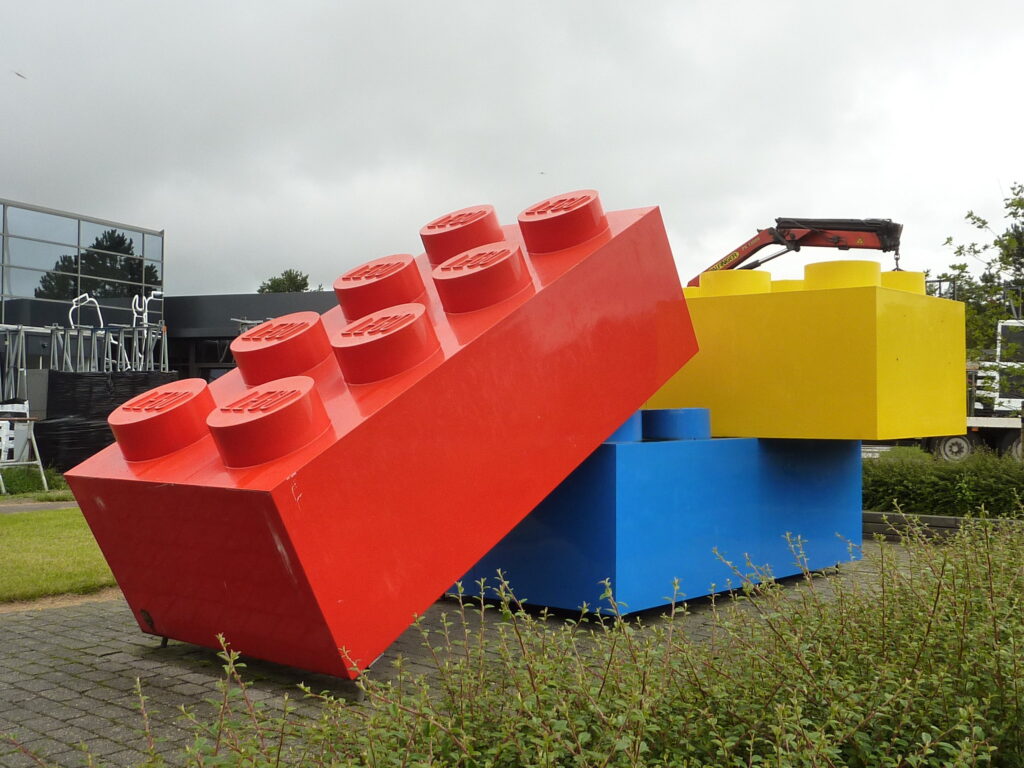
5 Fact: The Danish flag is the oldest in the world
The Danish flag, known as the Dannebrog, holds the distinction of being the oldest national flag in the world. Legend has it that it descended from the sky during the Battle of Lyndanisse in Estonia on June 15, 1219, leading to a Danish victory. Today, the red flag with a white Scandinavian cross remains a symbol of Denmark’s rich history and national pride.
6 Fact: Denmark has high taxes, but free medicine and education
Denmark is known for its relatively high tax rates, which support a robust welfare system. However, these taxes contribute to providing citizens with free healthcare and education. The Danish welfare model ensures that residents have access to quality medical services and education without direct financial burdens, contributing to the overall well-being and equality in the country.
7 Fact: Denmark has the most Michelin stars
Denmark boasts a remarkable culinary scene and holds a significant number of Michelin stars. Renowned restaurants, such as Noma in Copenhagen (If you are reading this article, the restaurant may have already closed, as it is scheduled to close in 2024), have contributed to Denmark’s status as a gastronomic destination. The country’s innovative and high-quality cuisine has earned it numerous Michelin stars, solidifying Denmark’s place as a world-class hub for exceptional dining experiences.
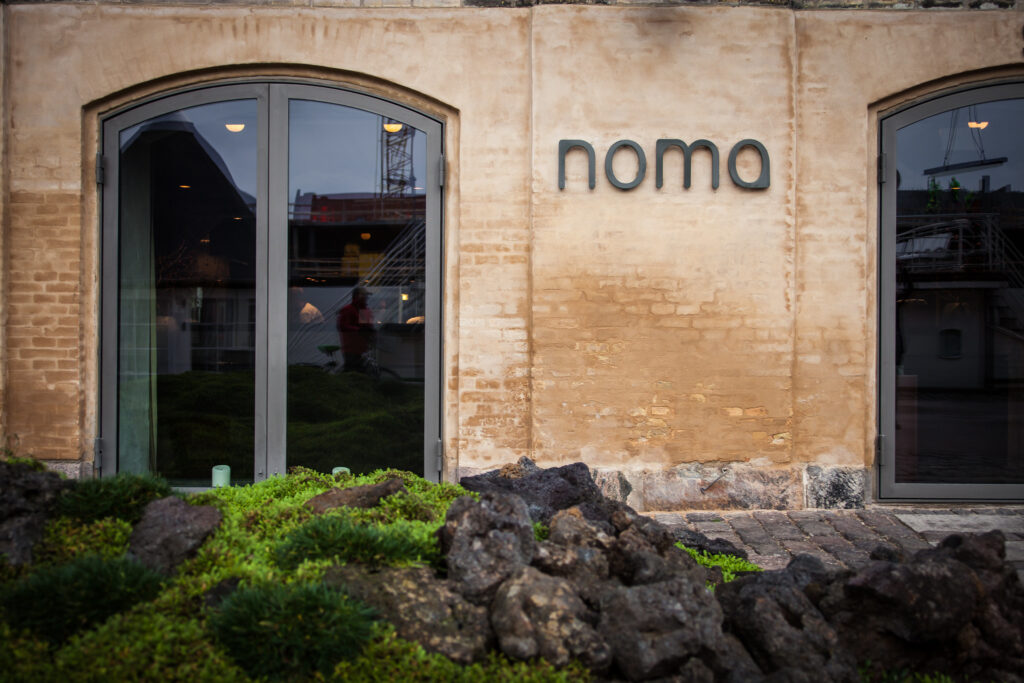
8 Fact: Most stores in Denmark are not open after 6pm
In Denmark, it is common for most stores to close after 5-6 pm. The country typically adheres to a more traditional retail schedule, where businesses close earlier in the evening. This practice aligns with a focus on work-life balance and emphasizes leisure time for individuals to spend with family and engage in personal activities.
9 Fact: The largest island in the world belongs to Denmark
Greenland, the world’s largest island, is an autonomous territory within the Kingdom of Denmark. With an area of approximately 2.2 million square kilometers, Greenland is not only the largest island globally but also larger than the entire territory of Denmark itself. This vast landmass has a rich history, with indigenous peoples, such as the Inuit, inhabiting the region for thousands of years. Today, Greenland maintains a unique status as a self-governing entity within the Danish Realm.
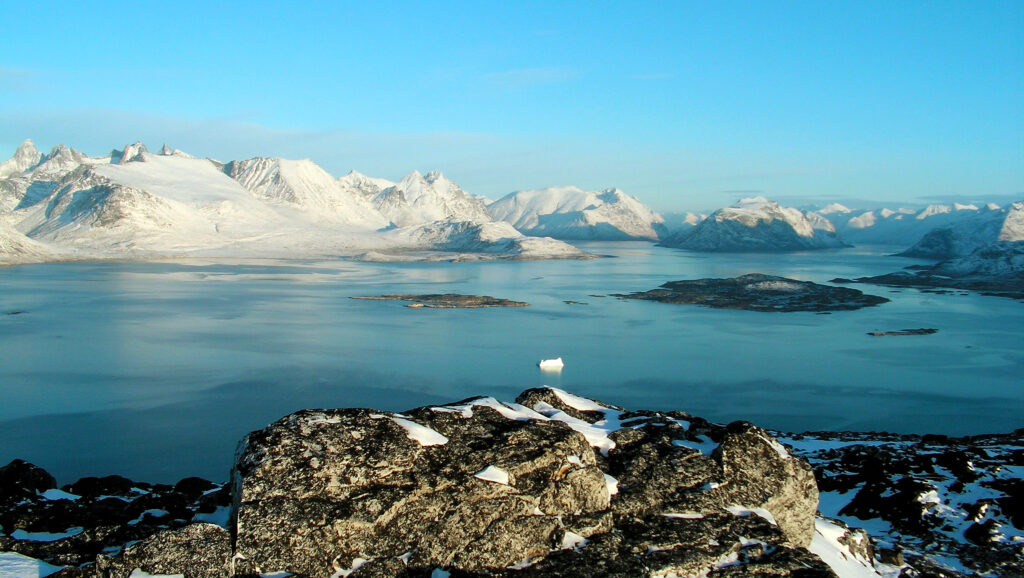
10 Fact: The Germanic peoples and countries originated from Denmark
Denmark’s early Germanic tribes influenced the ancestry and cultures of various nations, including England, Germany, the Netherlands, and Scandinavian countries like Norway and Sweden. The migration from Denmark played a crucial role in shaping the languages, traditions, and identities of these regions.

Published January 14, 2024 • 5m to read

